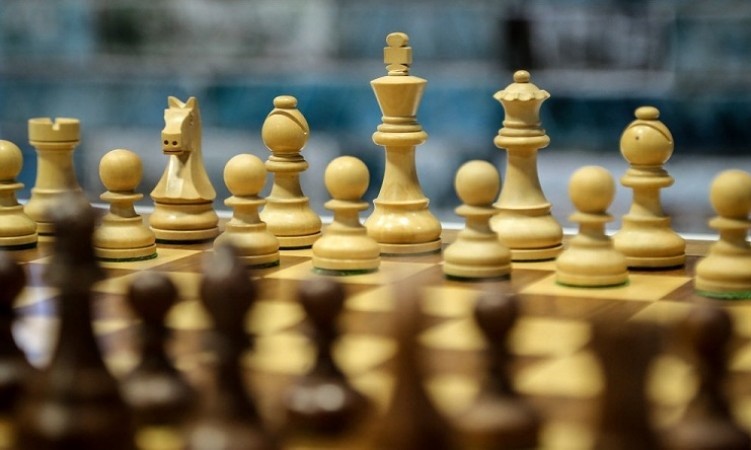
International Chess Day is celebrated on July 20th every year to honor one of the oldest and most popular board games in the world. This day holds immense significance for chess enthusiasts, players, and organizations around the globe. It serves as a reminder of the rich history, intellectual depth, and cultural impact of this timeless game.
Chess is believed to have originated in northern India during the Gupta Empire in the 6th century. From there, it spread to Persia and eventually reached the Arab world, where it flourished and gained popularity. In the 9th century, it made its way to Europe and underwent several modifications in rules and gameplay.
The objective of chess is to outmaneuver and capture the opponent's king while protecting one's own. It requires strategic thinking, analytical skills, and foresight. Often called the "game of kings," chess has transcended boundaries and has been played by people from all walks of life, from nobility to commoners.
The International Chess Federation (FIDE) was founded in 1924 to govern chess competitions and promote the game globally. FIDE officially recognizes July 20th as International Chess Day, commemorating the founding of the organization. The date was chosen to honor the establishment of FIDE in 1924, with the goal of promoting chess as an intellectual pursuit that fosters critical thinking and sportsmanship.
International Chess Day serves as a platform to celebrate the game's heritage and its contributions to human intellect. It aims to raise awareness about the educational, social, and cognitive benefits of chess. Numerous events and activities are organized worldwide on this day, ranging from tournaments and exhibitions to workshops and lectures.
Chess has long been recognized for its positive impact on cognitive abilities. Studies have shown that playing chess enhances critical thinking, problem-solving skills, concentration, and memory. It helps develop logical reasoning and strategic planning, attributes that can be applied to various aspects of life. Chess is also known to promote patience, sportsmanship, and perseverance.
In addition to its cognitive benefits, chess has a unifying effect on people from diverse backgrounds. It transcends language and cultural barriers, creating a common ground for individuals to connect and compete. Chess tournaments often bring together players from different countries, fostering international friendship and understanding.
Furthermore, chess is increasingly being incorporated into educational curricula worldwide. Many schools and educational institutions recognize the value of chess as a tool for intellectual development. It teaches students to think critically, make calculated decisions, and analyze situations objectively.
International Chess Day provides an opportunity to reflect on the game's history and significance while promoting its accessibility to a wider audience. With the advent of technology, online platforms have made it easier than ever to play chess with opponents from around the world. This virtual connectivity has further expanded the chess community and encouraged more people to engage with the game.
On this day, chess enthusiasts often organize simultaneous exhibitions, where a single player takes on multiple opponents simultaneously. These exhibitions showcase the strategic brilliance and mental agility required to play against several adversaries simultaneously.
International Chess Day celebrates the spirit of the game, its intellectual depth, and the global community it has created. It reminds us of the power of human intellect and the capacity for strategic thinking and innovation. Whether played competitively or casually, chess continues to captivate minds and inspire generations, making International Chess Day a cherished occasion for all chess lovers worldwide.